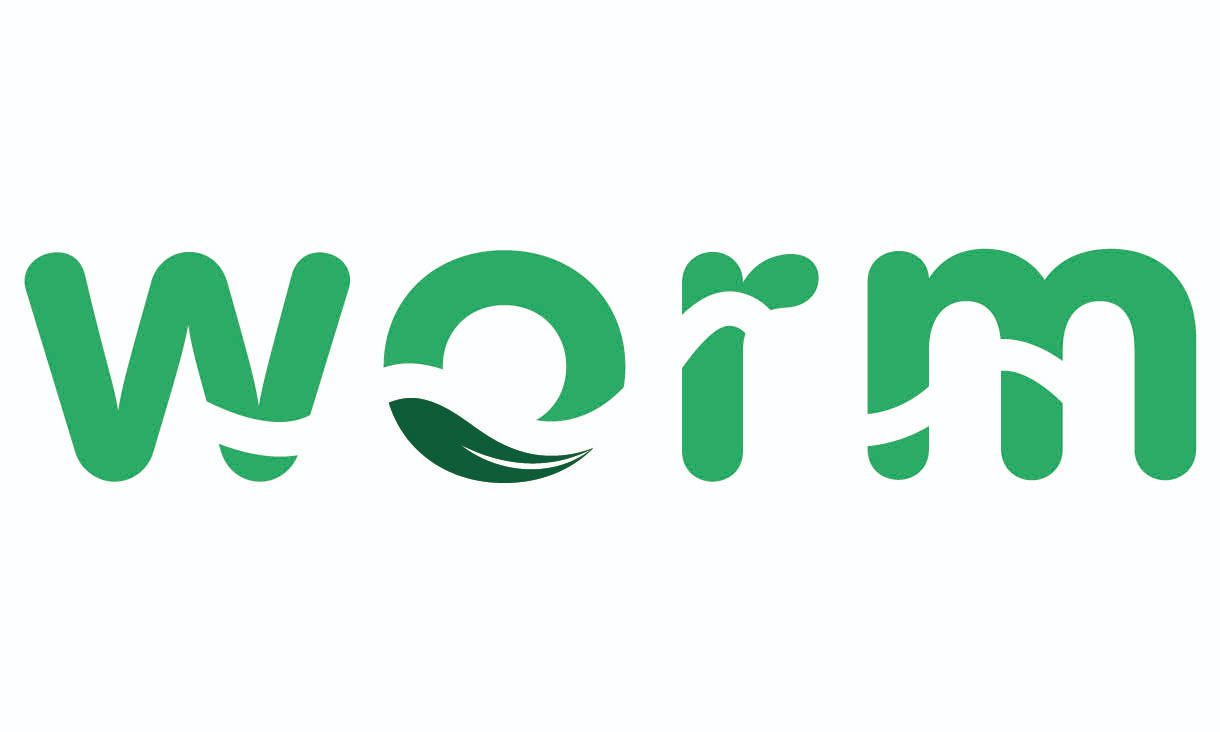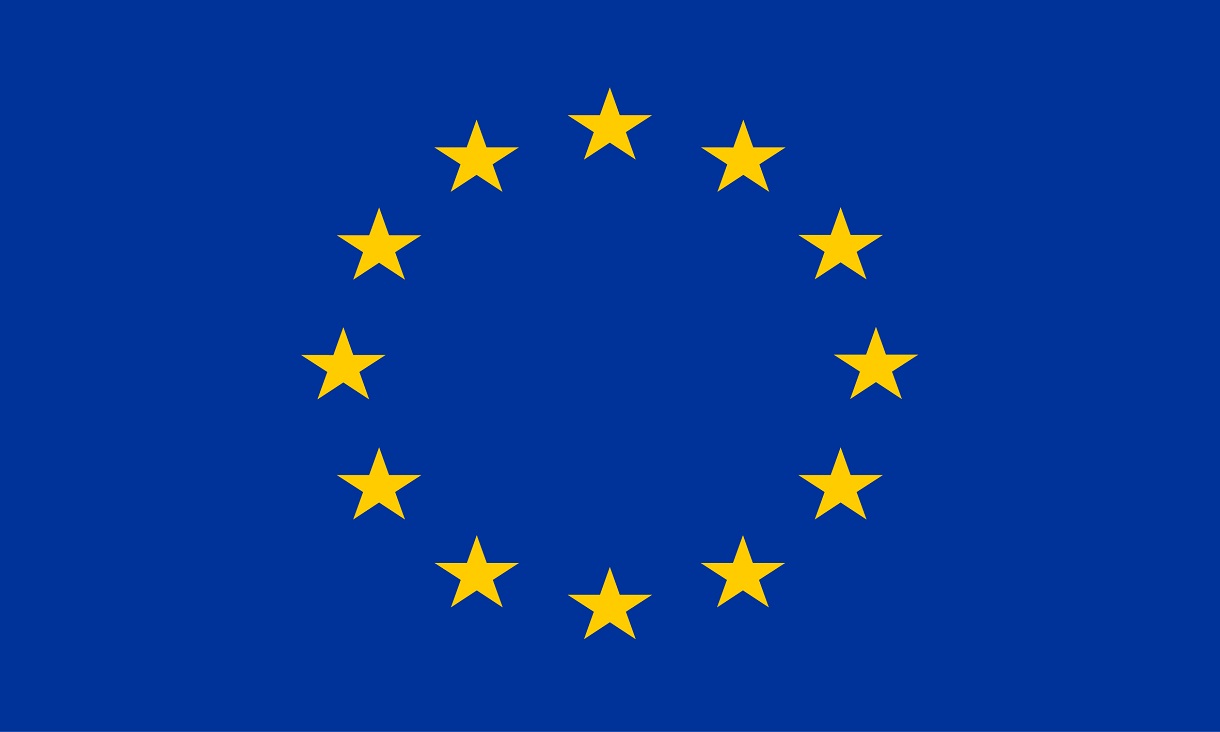The WORM consortium brings together the expertise of an international group of academic institutions, humanitarian organisations, procurement specialists, and private-sector organisations. Since the project started in January, research has been conducted in Vietnam and Kenya.
In October, RMIT Vietnam will host the project’s second General Assembly at the RMIT Saigon South Campus. This event presents an exciting opportunity to disseminate early findings from the project in a waste management symposium with Vietnamese waste management service providers, regional humanitarian organisations, and private sector actors who are engaged in the circular economy.
At the symposium, a sustainable procurement framework will be presented. This framework outlines criteria for evaluating product groups used in humanitarian activities. Participants will also learn about humanitarian waste management business models. Key stakeholders in the waste management value chain have been identified, encompassing various sustainability practices such as recycling and material recovery.
While sustainable procurement is well-known in many industries, WORM has developed a detailed sustainable procurement strategy specifically for humanitarian medical supply chains. This strategy not only addresses the day-to-day operations of humanitarian organisations, but also considers their broader strategy and the policy environment.
Exciting findings of the research conducted on waste management business models reveal that the humanitarian sector is increasingly integrating sustainability and circular economy practices like reusing or recycling materials. However, there is significant potential to develop new business models, particularly in reducing material use. A notable gap exists in handling medical waste, as much of the progress thus far has focused on household waste.
There is much for the WORM team to explore. Future research will, for example, examine the differences between the initial emergency deployment of humanitarian organisations to disaster areas and their longer-term operations. These scenarios present distinct opportunities and challenges for waste management. One key difference is that in long-term operations, waste pickers typically play a much bigger role. Over the next year, WORM investigate how changes in procurement will impact them. For instance, if humanitarian organisations transition to bio-based materials rather than plastics, what will that mean for the livelihoods and welfare of waste pickers?
WORM’s ultimate aim is to develop policies that enhance waste management in humanitarian operations. The project engages in advocacy and raises awareness of waste management innovations among stakeholders. The groundbreaking work being done by RMIT Vietnam and the other consortium partners is shaping the future of medical waste management in some of the most challenging and delicate environments around the globe.
Authors:
Dr. Kok Seng Kiong, Dr. Duc Trinh Tran, Prof. Robert McClelland, Dr. Hung Nguyen, Nhan Nguyen, Dr. Trang Nguyen, Dr. Virva Tuomala (Hanken School of Economics), Prof. Gyöngyi Kovács (Hanken School of Economics), WORM Consortium






